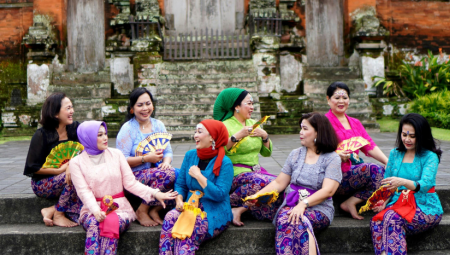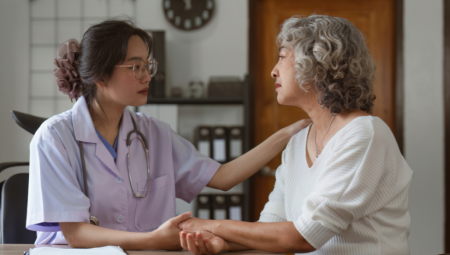Background
In the UK, Gypsy, Roma, and Traveller (GRT) communities tend to die 10 years younger than the general population. Many have faced direct stigma and discrimination due to their ethnicity whilst others are acutely aware of the poor treatment peers have received. Consequentially, levels of trust are extremely low, delaying and preventing attempts to access necessary treatment and care. When people do reach out for help, communication and understanding with health professionals is often poor.
Project aims
- Identify solutions to reduce inequalities through improving understanding of barriers to access for GRT communities and dialogue
- Find new and better ways to involve Gypsies, Roma and Travellers (and health care practitioners) in shaping health research, policy, and practice
Project activity
Our participatory action research identified solutions that will enable more equitable access to healthcare for people with different histories, lifestyles and backgrounds.
The research was undertaken with a focus on the inclusive involvement of community members and those who support Gypsies, Roma and Travellers access to health care, both within the statutory partnership of organisations who plan, buy and provide health and care services and through community organisations supporting individual families. Health practitioners and community members were involved in all stages of the design of the project and in completing the data collection and analysis.
Research topic and design were coproduced with Gypsy, Roma, Traveller (GRT) community organisations in consultation with front line health workers and decision-makers. Research participants included GRT community members, healthcare practitioners, and decision-makers. First, community members undertook interviews with other community members to understand their experiences of trying to access healthcare in the East of England. Findings from these peer-peer interviews informed focus group discussions with health professionals discussing barriers and possible solutions to access. These were facilitated by a local GP were held with health professionals to discuss barriers and possible solutions.
In the final stage of the research, a community of practice was formed from stakeholders who had become involved in the study at various stages of the research. The community of practice (CoP) connected 23 GRT community members, health practitioners and decision-makers in the East of England, providing a safe space to discuss concerns and find solutions.
Findings
This research has laid a foundation for more inclusive healthcare practices and future initiatives to further improve access and outcomes for communities. It has also made important progress in addressing health inequities for Gypsy, Roma and Traveller communities by identifying key barriers, developing practical solutions, fostering collaboration among stakeholders across ethnic and organizational boundaries, and creating pathways to implement findings. The research identified two potential long-term solutions for trial (see next steps) and concluded with coproduction of nine whole system action plans to improve access to healthcare for Gypsies, Roma and Travellers. These plans constitute a selection of high impact actions, achievable in the short term, providing a framework of priority steps for organisations wanting to take urgent action to address inequalities of access to healthcare. Work on these action plans is continuing on an ongoing basis.
Papers and resources
Download the implementation framework, titled 'Whole System Action Plans'
Download the related poster raising awareness of barriers and solutions to GRT access to healthcare
Read the submission to the United Nations Committee on Economic, Social, and Cultural Rights made by research team authors
Read the concluding observations of the UN Committee on Economic, Social, and Cultural Rights to the UK 2025
Read a summary of findings from Research Development around Access to Health Care for Travelling Communities in the East of England in 2021
Read the related paper, titled 'The effects of literacy on health in Gypsies, Roma and Travellers (GRT): a systematic review and narrative synthesis'
Read the research development report, titled 'Access to Health Care for Travelling Communities in the East of England'
This project can be viewed in case study format for easy accessibility





